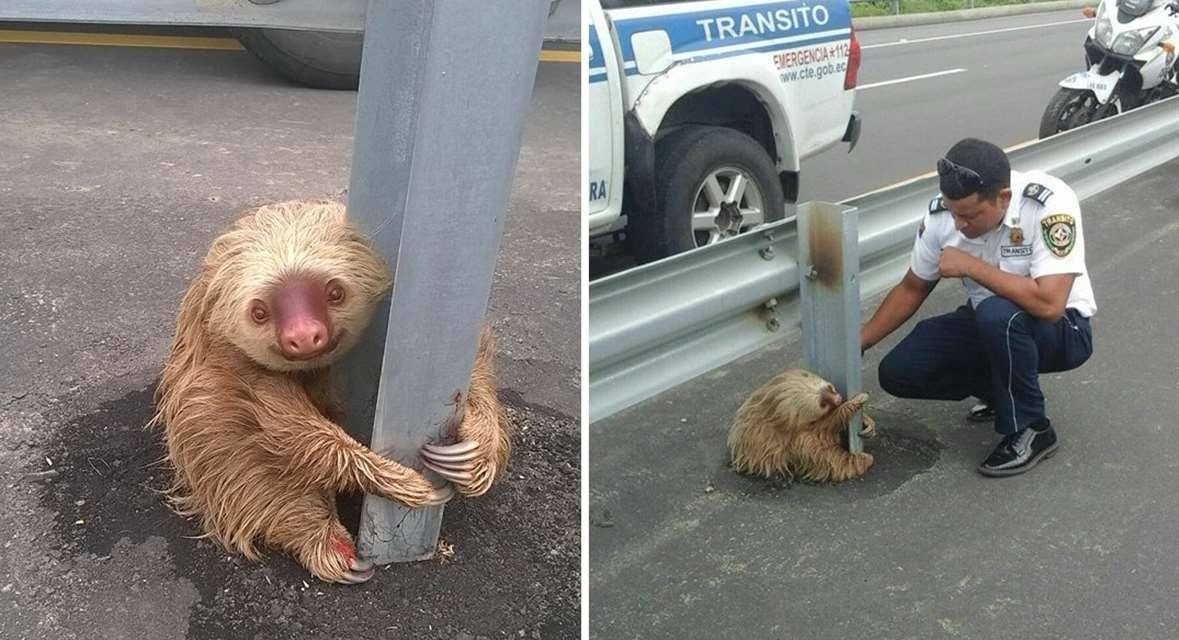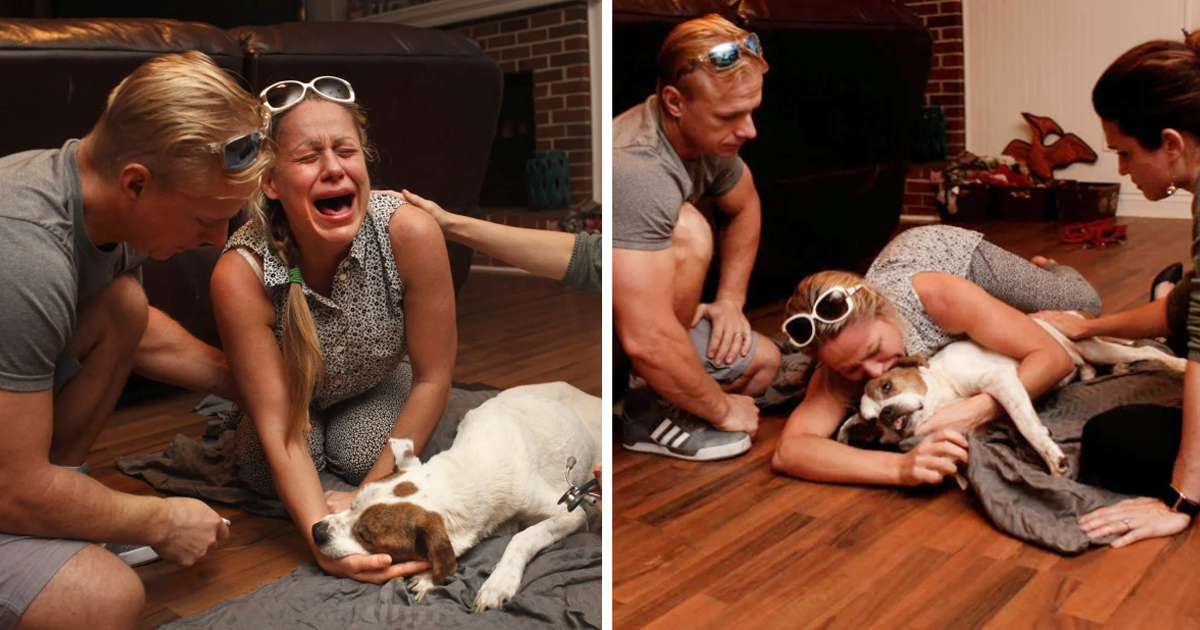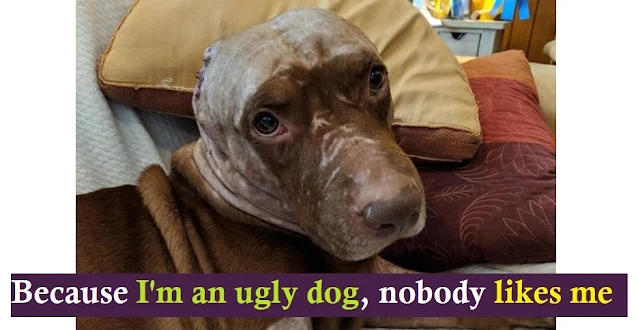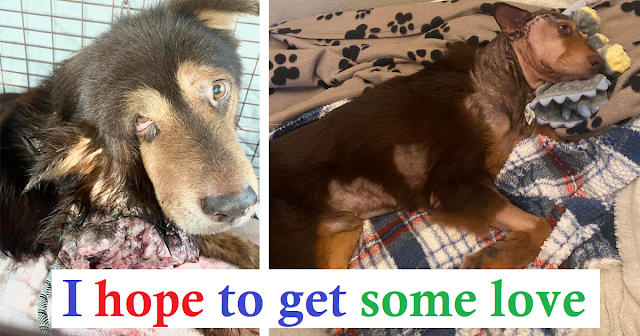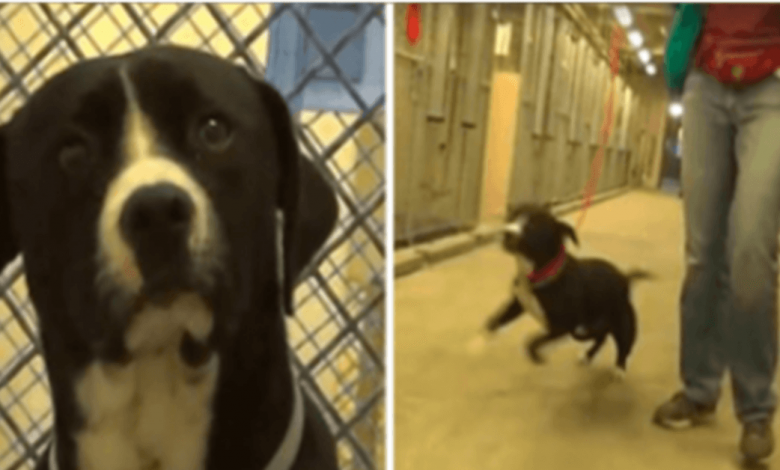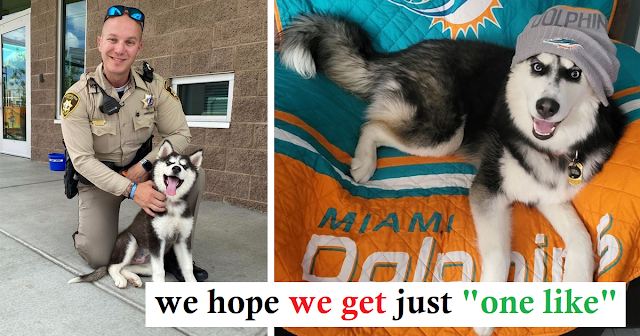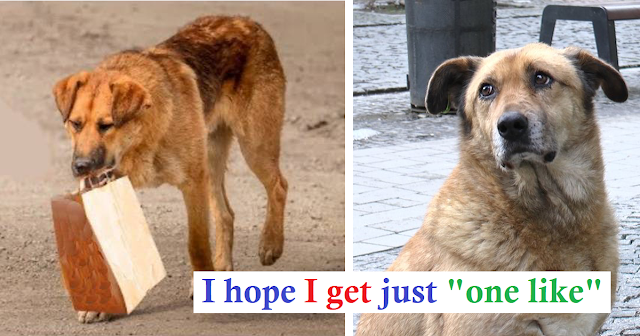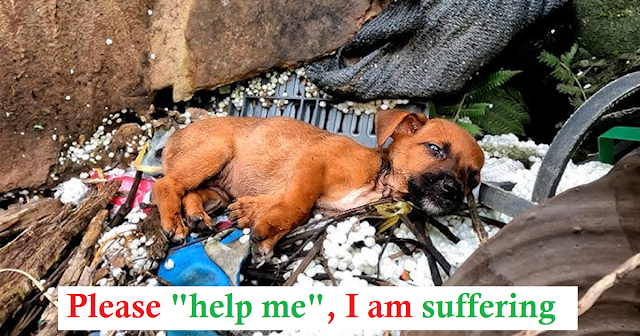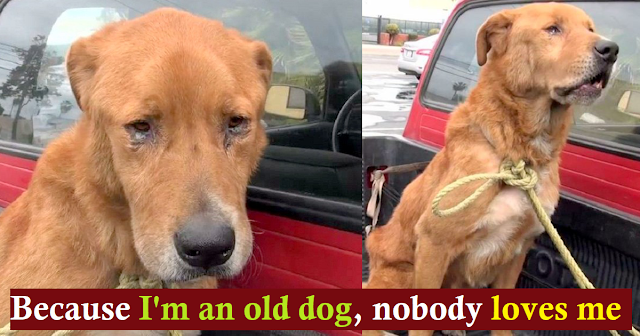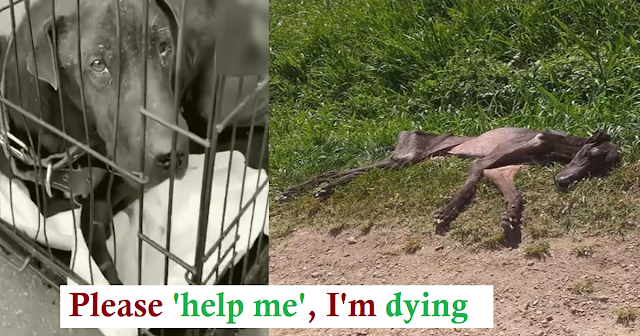A heartbreaking moment when a chained dog on the streets cries out for help, unconscious.
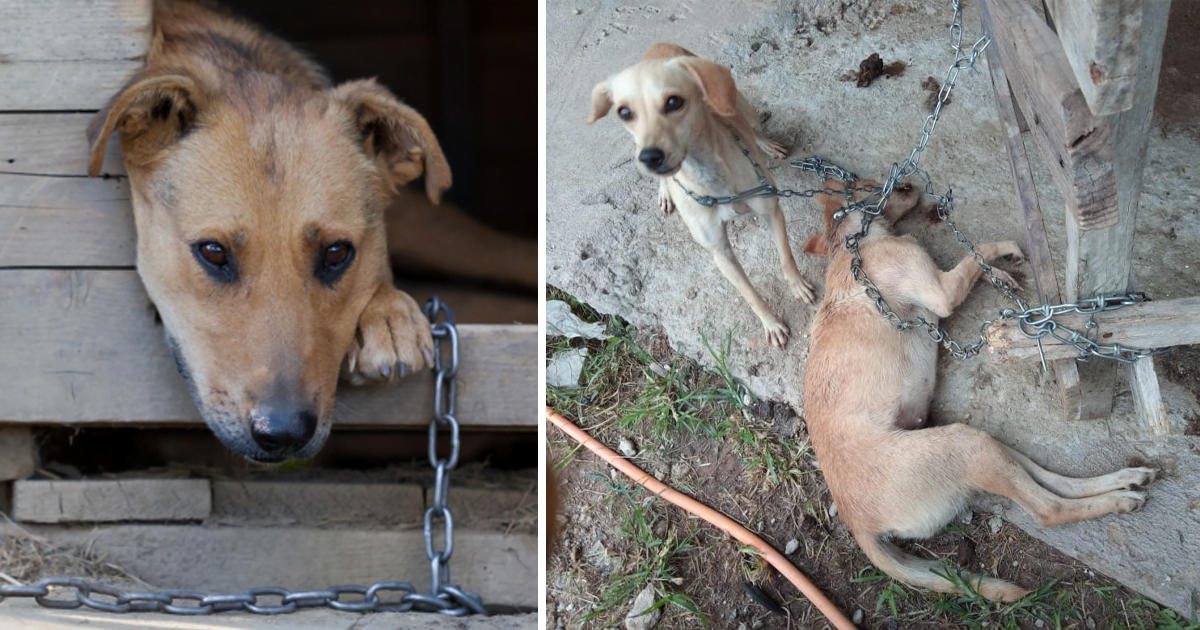
One quiet Sunday evening, I was taking a leisurely stroll down one of São Paulo’s famous avenues when I witnessed something that would change my life. In a dimly lit area, I saw a terrible sight: a chained, comatose dog.

I saw as I approached with caution that the dog’s once-lustrous fur had grown matted and unclean, a monument to its prolonged suffering. The horribly tight, rusty chain was obviously hurting and injuring the poor creature’s neck.
The dog’s once-bright eyes had turned dull with fear and pain, and he started barking weakly and frantically in the hopes that someone would see him and help. It broke my heart to see this call for assistance go unanswered.
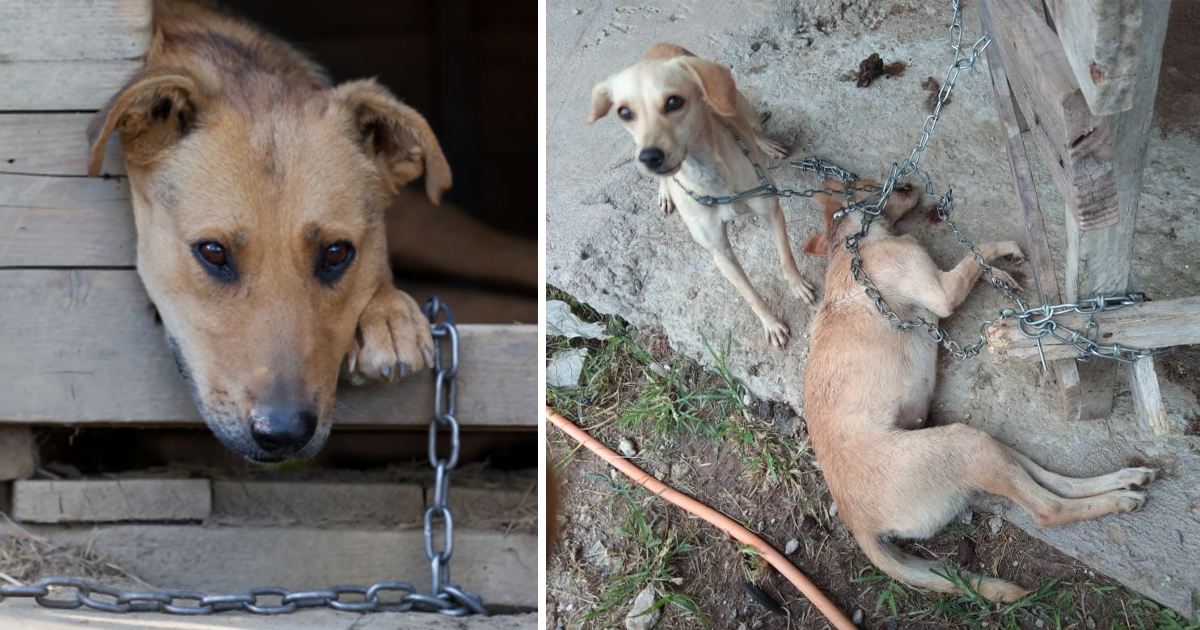
I felt compelled to step in immediately. With trembling hands, I examined the chain and saw that it had severely injured the dog’s skin by puncturing it deeply. I took great care not to harm the sick animal any further as I slowly and carefully took a pair of scissors out of my handbag.
The chain broke, and the dog slowly came to once again. It was no longer trusting others, yet it accepted my consoling touch with caution. As I considered the brutality it had to endure, tears welled up in my eyes.
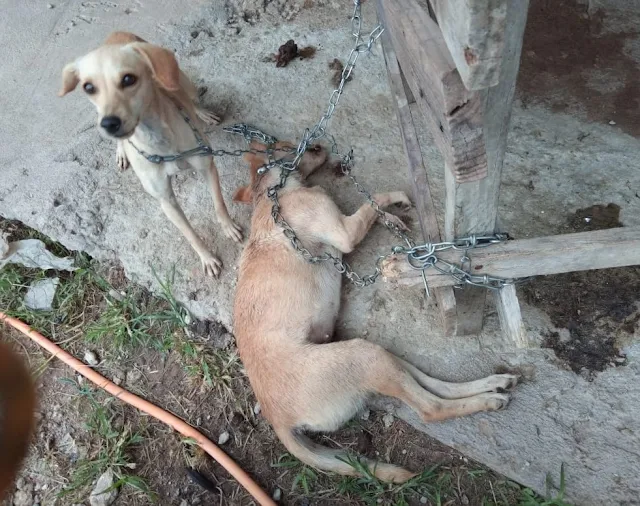
The next step was clear to me: I had to get this resilient soul some medical help ASAP. I took the puppy in my arms and gently carried it while I searched for the nearest animal shelter or veterinarian that could provide it with the necessary emergency care and rehabilitation.
This event served as a stark reminder of how important compassion and empathy are to all living things. It was a call to action, a demand for reform.
I brought the surviving puppy inside and took care of it while I dealt with the dead dog by calling the proper authorities. In accordance with the Samson Law, the owner of these creatures is accountable for their actions.
